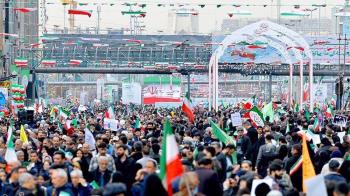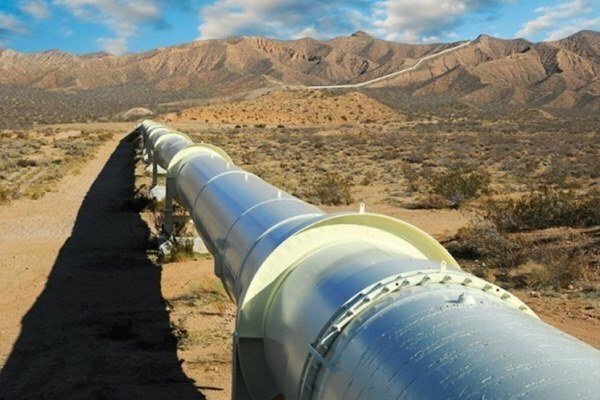Alwaght- Pakistan’s Foreign Ministry spokesperson has reacted to recent remarks by US Assistant Secretary for South and Central Asian Affairs Donald Lu on her country’s joint gas pipeline project with Iran, saying that Islamabad remains committed to the deal that was signed in 2009.
Islamabad has remained committed to implementing the joint gas project in accordance with the spirit of the bilateral agreement with Tehran, Mumtaz Zahra Baloch said during her weekly press conference on Thursday while responding to a question by an IRNA reporter about the US stance on the project.
Pakistan does not need to consult others or be exempted from sanctions but wants to go ahead with the project of transferring gas from the Islamic Republic of Iran, she said, referring to Lu’s warning that “Washington has not received any request from Islamabad regarding sanctions relief and therefore the efforts to stop Pakistan from Iran's gas project will continue”.
The spokesperson added that the decision of the Pakistani government to go ahead with the gas pipeline is an independent and free decision, which will be implemented soon.
On Tuesday, during a meeting of the Foreign Affairs Subcommittee of the House of Representatives, Lu talked about the US plan to derail the Iranian-Pakistan gas project, saying Washington is in contact with Islamabad on the matter.
The US official did not, however, mention Pakistan’s discontent with Washington for obstructing the country to get easy and cost-effective energy.
Earlier this month, Pakistan’s Ministry of Petroleum also issued a statement, saying that the completion of the joint gas project would strengthen the country’s energy security and announced that the Energy Committee of the Government of Pakistan has agreed to build an 81km pipeline from Gwadar port to the Iran-Pakistan common border.
The pipe-laying project from the Iranian borderline to Gwadar port in Pakistan's Balochistan Province is estimated to cost 45 billion Pakistani rupees, which will provide the country with the opportunity to import cost-effective gas from Iran.



























